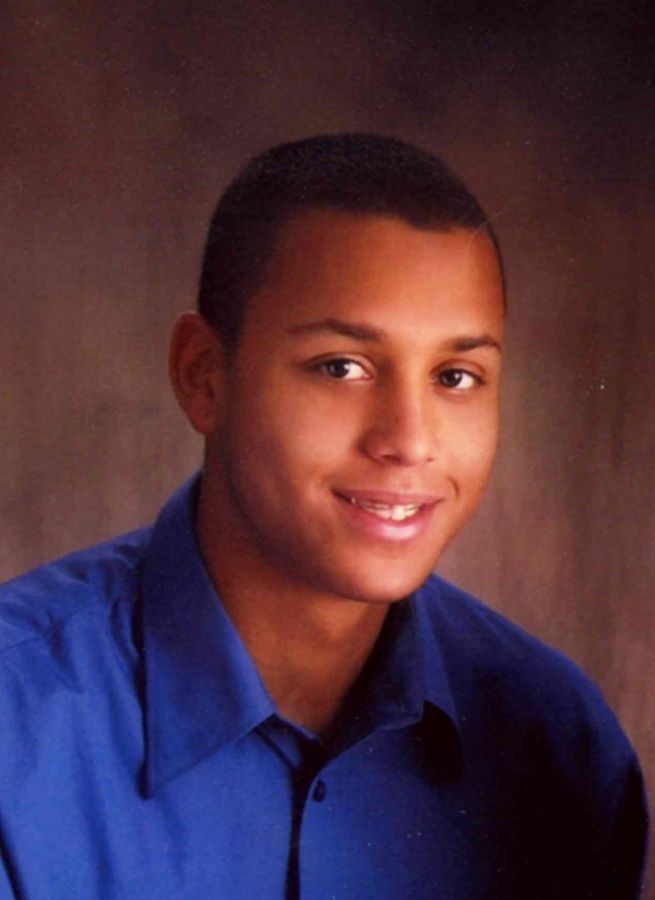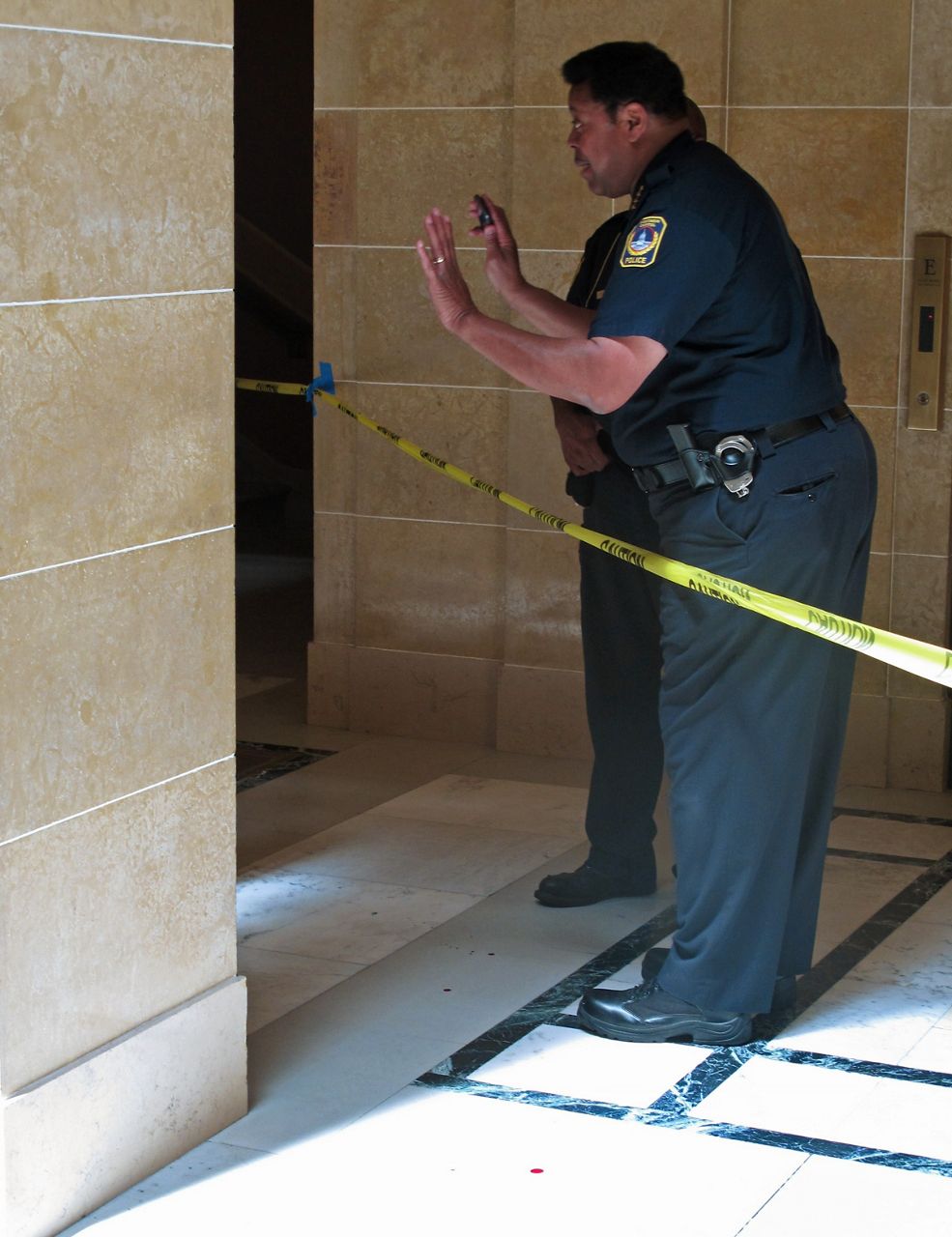MADISON, Wis. — Charles Tubbs Sr. has lived through his share of devastating experiences.
He was in the Washington, D.C., area on 9/11. He was the police chief at the Wisconsin Capitol during the weeks of Act 10 protests. Yet, he said neither of those moments compared to losing a child.
Charles Tubbs Jr., who went by “C.J.,” lost his life in June 2019 to an overdose of marijuana laced with fentanyl, leaving behind two devastated parents.
“It just not meant to be like that,” Charles Tubbs explained. “I mean, we will never ever fully recover. You look at each other and say, ‘What could we have done better?’ You have, again, outsiders, even sometimes loved ones and friends, family members, say ‘What happened to that family? What went wrong?’”

Charles Tubbs warned anyone can become a victim of an overdose.
As for his son, C.J. Tubbs, Charles Tubbs said he believes he looked at some of his shortcomings and used marijuana to self-medicate. Despite that, C.J. Tubbs did go through a treatment program and became the young man Charles Tubbs said he and his wife raised as a young child.
“He was just a fine young man,” Charles Tubbs added. “He had decided at that time he wanted to turn his life around and come back, and he moved back home with us. He wanted to go back to school. He began looking at colleges to return back [to]. He thought he could still participate; he was a very good athlete at sports, and he wanted to get a degree in helping people.”
During Memorial Day weekend, C.J. Tubbs went to Brat Fest in Madison, Wis., and had spent the previous night out with friends.
He came home the next morning and appeared to be fine, according to Charles Tubbs. C.J. Tubbs was ready to help with chores around the house, but his father said those could wait since it was a holiday, so he took a nap instead.

Later, Charles Tubbs was called into the room after his wife had tried to wake their son up from his nap.
“She called me, and I came into the room, and I went over to see what was going on,” Charles Tubbs explained. “I looked at his hands and his lips, and I saw my son was in trouble.”
Charles Tubbs gave his son NARCAN, a naloxone nasal spray used to reverse the effects of an opioid overdose, and performed CPR while waiting for paramedics to arrive. First responders were able to get a heartbeat in the ambulance and took C.J. Tubbs to the hospital.
“Praying all this all the way, my wife and I stood by his side as much as we could. He was admitted, of course, remain unconscious and on life support,” Charles Tubbs said. “The next day, at about 1 o’clock, we met with doctors and learned that he was going to be declared brain dead.”
C.J. Tubbs was taken off life support at 32 years old. He saved four lives by donating his organs.
“I really want to set the record that people who are using substances, who are addicted, are facing a serious illness. I mean, people say it's not an illness, they got a choice, they can quit, but that's not always true. And I find it very disgusting when I hear people refer to people as throwaways that are lost, lock them up, put them in prison when treatment is the best answer.”
Long before his son’s death, Charles Tubbs carried NARCAN because he knew an overdose could happen anywhere at any time to anyone.
“We can get tough on drugs, get tough on laws and all those things we say, and those are all part of the system, but just getting tough and locking people up is not the answer,” Charles Tubbs added. “I think it’s a no-brainer; treatment is the answer.”
NARCAN is widely available in Wisconsin.
You can buy it without a prescription at hundreds of pharmacies.
It is also available at no cost through the NARCAN Direct Program and dispensed for free at vending machines in many public locations.



